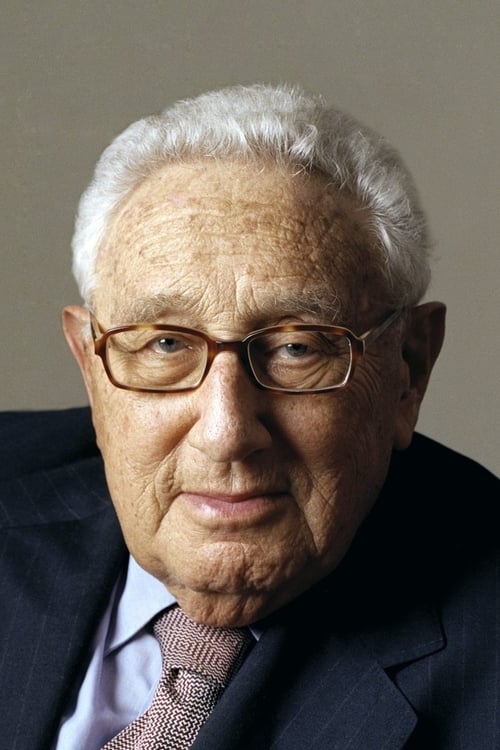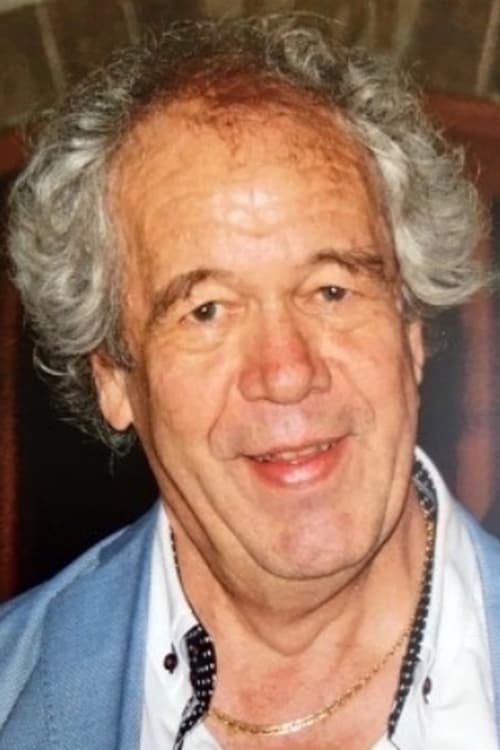Max Frisch, Citoyen (2008)
ジャンル : ドキュメンタリー
上映時間 : 1時間 34分
演出 : Matthias von Gunten
シノプシス
Max Frisch was the last big Swiss intellectual widely respected as a “voice” in its own right – a character hardly found today. The film retells Frisch’s story as a witness of the unfolding 20th century, wondering if such “voices” are needed at all, or if we could do without them.
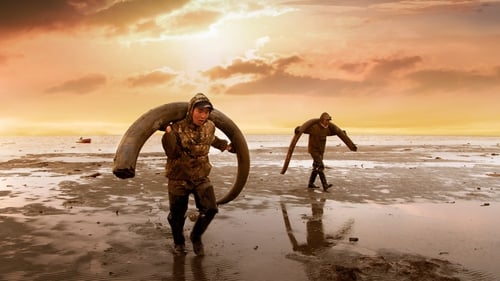
A well-preserved mammoth carcass is found in the remote New Siberian Islands in the Arctic Ocean, opening up the possibility of a world-changing “Jurassic Park” moment in genetics.
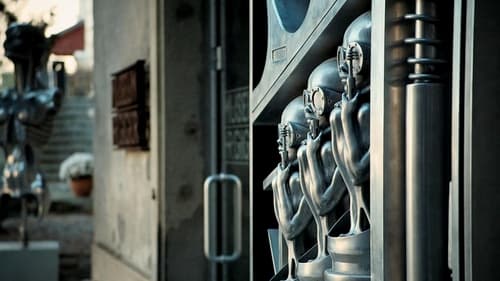
スイスの画家、彫刻家、建築家、デザイナーであるH・R・ギーガー(1940-2014)の生涯と作品について解説します。

A behind-the-scenes look at the of how the Paris Opera is run under the direction of Stephane Lissner.

A documentary. David Sieveking takes the advice of his idol, David Lynch and tries out Maharishi Mahesh Yogi's transcendental meditation technique.

Ceschi and Stamm's documentary tells the incredible story of Monika Krause, a former East German citizen, who became Fidel Castro's Sexual Education Minister. After 20 years in Cuba, Krause set the Cuban sexual revolution in motion: in favor of a woman's right to sexual fulfillment and legal abortion, and against exclusion of homosexuals, she acquired the title "Queen of Condoms". A film about potent female agitators, staunch macho men and Caribbean love lives.
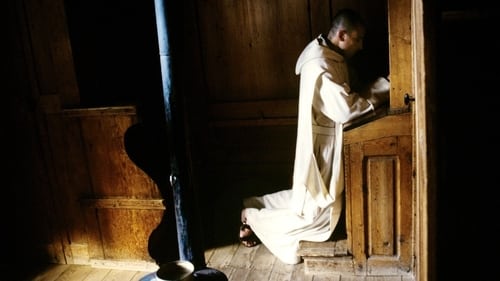
Into Great Silence (German: Die Große Stille) is a documentary film directed by Philip Gröning that was first released in 2005. It is an intimate portrayal of the everyday lives of Carthusian monks of the Grande Chartreuse, high in the French Alps (Chartreuse Mountains). The idea for the film was proposed to the monks in 1984, but the Carthusians said they wanted time to think about it. The Carthusians finally contacted Gröning 16 years later to say they were now willing to permit Gröning to shoot the movie, if he was still interested.

Pascal, 53, and Carole, 28, are shepherds. In the month of November 2010, they embark on their long winter transhumance: four months during which they will have to cover 600 km in the Swiss-French region, accompanied by three donkeys, four dogs and eight hundred sheep. An exceptional adventure is about to begin: they brave the cold and the bad weather day in day out, with a canvas cover and animal skins as their only shelter at night. This saga reveals a tough and exacting profession, requiring constant improvisation and unflinching attention to nature, the animals and the cosmos. An eventful journey with surprise encounters, moving reunions with farmer friends, nostalgic figures of country life that is shrinking away fast. Αn adventure film, a contemporary road movie, a reflection of our current world, which takes us back to our roots and our inner questions.
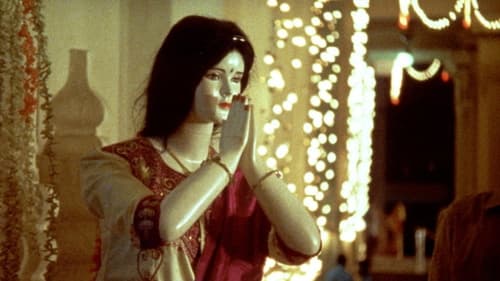
Filmmaker Peter Mettler embarks on a mission that takes him around the world. He is determined to record the diverse modes of transcendence that people in different cultures adopt in order to live life to the fullest. As he traverses civilization and wilderness and encounters a range of lifestyles and ideas, the filmmaker's mind-expanding trip around the world grows into a poem of images and sounds, reflecting the fragmented but alluring worlds it attempts to capture.
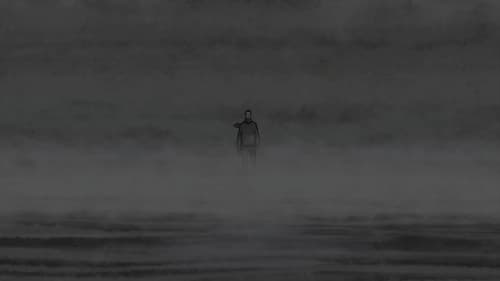
Croatia, 7th of January 1992: In the middle of the war, a young journalist's body is discovered dressed in the uniform of an international mercenary group. Twenty years later, his cousin Anja Kofmel investigates his story.

A disturbing exploration of what it means to be a man Desert Wind unveils the innermost thoughts of 13 men about their lives and male identity, making a clean sweep of clichés. Their revelations -- a glimpse of the hidden side that few men spontaneously reveal -- are of equal interest for women.

What does a baby's cry have in common with the echo of a mountain yodler, and what connects the head tone of a Tuvin nomad with the stage show of a vocal artist? The answer is: THE VOICE. Against a background of powerful alpine vistas and modern city landscapes, "heimatklänge" enters the wondrous sonic world of three exceptional Swiss vocal artists. Their universe of sound extends far beyond what we would describe as singing. In their engagement with local and foreign traditions, the powerful mountain landscape becomes a stage as do the landscapes and sonic backdrops of modern life.

Between 1947 and 1951, more than 80 000 Greek men, women and children were deported to the isle of Makronissos (Greece) in reeducation camps created to ‘fight the spread of Communism’. Among those exiles were a number of writers and poets, including Yannis Ritsos and Tassos Livaditis. Despite the deprivation and torture, they managed to write poems which describe the struggle for survival in this world of internment. These texts, some of them buried in the camps, were later found. «Like Lions of stone at the gateway of night» blends these poetic writings with the reeducation propaganda speeches constantly piped through the camps’ loudspeakers. Long tracking shots take us on a trance-like journey through the camp ruins, interrupted along the way by segments from photographic archives. A cinematic essay, which revives the memory of forgotten ruins and a battle lost.

Memoirs of the Italian Opera by the singers and musicians of the Casa Verdi, Milan, the world’s first nursing home for retired opera singers, founded by composer Giuseppe Verdi in 1896. This documentary, which has achieved cult-like status among opera and music lovers, features former singers who reminisce about their careers and their past operatic roles.
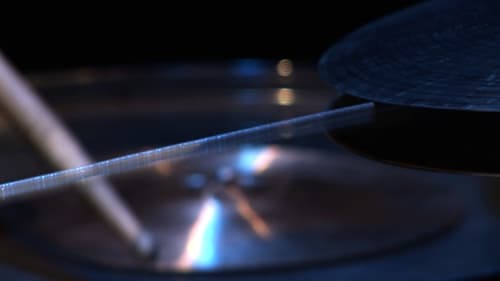
This documentary follows swiss improvisation musicians and tells there stories.
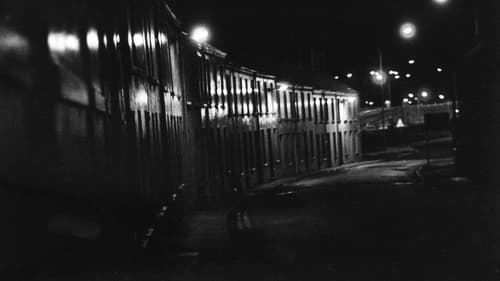
It’s a black-and-white record of European cities in the dark (2-5am), from Basle to Belfast. Quiet, and meditative, what emerges most strongly is an eerie sense of city landscapes as deserted film sets, in which the desolate architecture overwhelms any sense of reality. The only reassurance that we are not in some endless machine-Metropolis is the shadow of daytime activity: a juggernaut plunging through a darkened village, a plague of small birds in the predawn light. The whole thing is underscored by a beautiful ‘composed’ soundtrack, from quietly humming streetlights to reggae and the rumble of armoured cars in Belfast. A strange and remarkable combination of dream, documentary and science-fiction.

Every summer, many people transit by sea between France and Algeria, between Marseille and Algiers. Cars loaded to the hood... packages of all kinds... men loaded with bags and stories. At sea, we are no longer in France and not yet in Algeria, and vice versa. From the singular confines of the boat, in the back and forth and the parenthesis of the journey, the crossing puts back in the heart of the passage these women and men brought up.

The key to the communal laundry room in the block of flats on the Rue de Genève 85 in Lausanne serves a much greater function than merely unlocking the door. This encounter between a symbol of typical Swiss mentality with a penchant for order and the tenants who have been housed here by the city’s social services department is not something to be taken for granted. Although the laundry room is normally located in the cellar, the tenants in this building share a tiny laundry room off the entrance hall because the cellar is reserved for prostitution. To maintain order and cleanliness, the landlord hires Claudina, a new “laundry woman”.
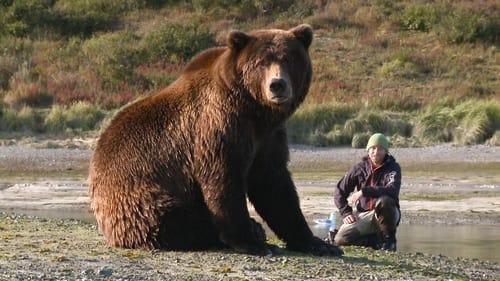
At the far end of the Alaskan peninsula, for filmmaker Roman Droux a childhood dream comes true. He discovers together with the bear researcher David Bittner the universe of wild grizzlies. The two adventurists face bears at smelling-distance, experience the struggle for survival of a bear family and witness dramatic fighting scenes. Driven by a desire to explore the unknown the film tells a personal story of wilderness, framed in breathtaking pictures of unique creatures.
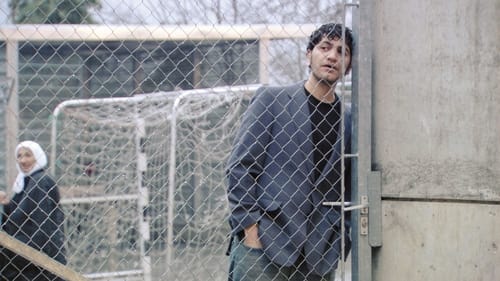
The personal stories of the people from all around the world waiting for a decision in an asylum-seekers centre in one of most restrictive countries in the world, Switzerland.
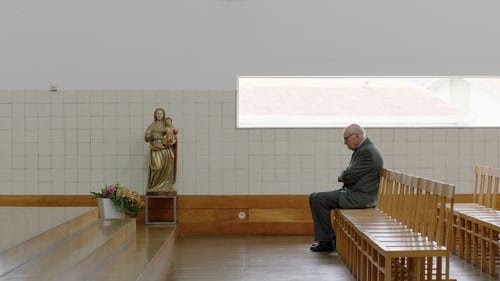
How can structures, which take up defined, rigid portions of space, make us feel transcendence? How can chapels turn into places of introspection? How can walls grant boundless freedom? Driven by intense childhood impressions, director Christoph Schaub visits extraordinary churches, both ancient and futuristic, and discovers works of art that take him up to the skies and all the way down to the bottom of the ocean. With the help of architects Peter Zumthor, Peter Märkli, and Álvaro Siza Vieira, artists James Turrell and Cristina Iglesias, and drummer Sergé “Jojo” Mayer, he tries to make sense of the world and decipher our spiritual experiences using the seemingly abstract concepts of light, time, rhythm, sound, and shape. The superb cinematography turns this contemplative search into a multi-sensory experience.


